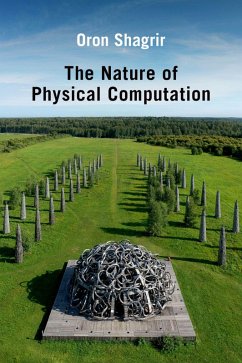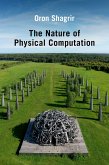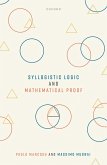Computing systems are ubiquitous in contemporary life. Even the brain is thought to be a computing system of sorts. But what does it mean to say that an organ or a system computes? What is it about laptops, smartphones, and nervous systems that they are deemed to compute?and why does it seldom occur to us to describe stomachs, hurricanes, rocks, or chairs that way? These questions are key to the conceptual foundations of computational sciences, including computer science and engineering, and the cognitive and neural sciences. Oron Shagrir here provides an extended argument for the semantic view of computation, which states that semantic properties are involved in the nature of computing systems. The first part of the book provides general background. Although different in scope, these chapters have a common theme?that the linkage between the mathematical theory of computability and the notion of physical computation is weak. The second part of the book reviews existing non-semantic accounts of physical computation. Shagrir offers an in-depth analysis of three influential accounts, and argues that none of these accounts is satisfactory, but each of them highlights certain key features of physical computation that he eventually entwines into his own account of computation. The last part of the book presents and defends an original semantic account of physical computation, with a phenomenon known as 'simultaneous implementation' (or 'indeterminacy of computation') at its core.
Dieser Download kann aus rechtlichen Gründen nur mit Rechnungsadresse in A, B, BG, CY, CZ, D, DK, EW, E, FIN, F, GR, HR, H, IRL, I, LT, L, LR, M, NL, PL, P, R, S, SLO, SK ausgeliefert werden.









